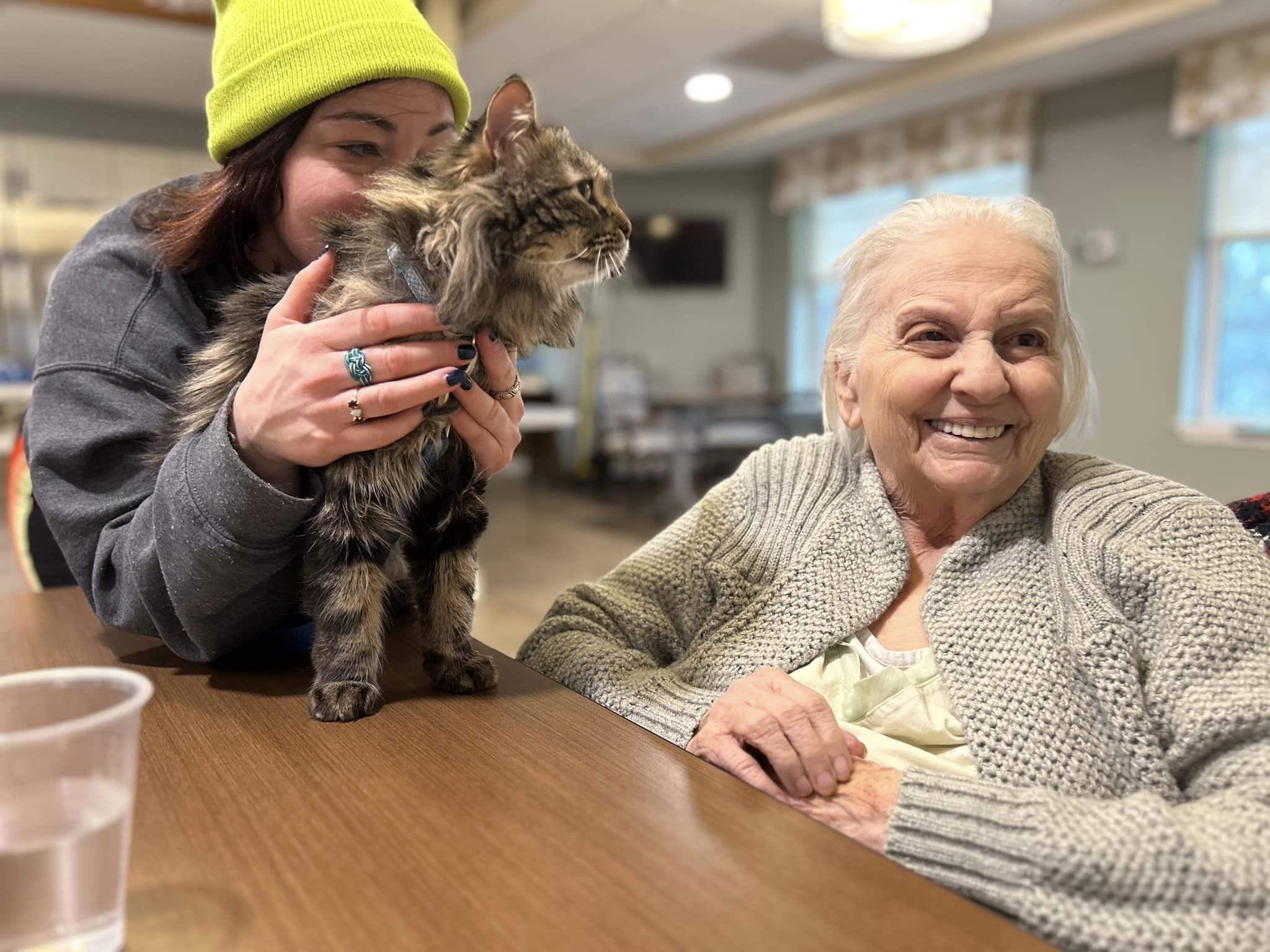

Welcome to Village Green in Levittown, New York
Village Green is a thoughtfully designed assisted living and memory care community, perfectly located in the heart of Levittown. It’s a warm and welcoming place you or your loved one will love to call home.
About Village GreenLive the Village Green Lifestyle
There’s just so much to do, both on campus and nearby! You’ll love our array of services and amenities and daily calendar of activities. And everything the entire Levittown area has to offer is just minutes away, including shopping, dining, entertainment, continuing education, hospitals, and more.
Explore Our Lifestyle



Assisted Living
Your needs may change, but that doesn’t mean your lifestyle has to change. Our premier assisted living will provide just the help you need so you can continue to do the things you love.


Memory Care
Our team provides a compassionate approach to Alzheimer’s care and dementia care.
A Floor Plan You'll Love
With multiple floor plan options for both assisted living and memory care, Village Green gives you the opportunity to choose just the right one to suit your needs or those of your loved one.
Explore Floor Plans & Pricing

Residents and Their Families Love Village Green!


Have Questions about Village Green?
We’d love to hear from you! Just reach out to our expert team and we’ll be happy to help in any way we can.
Contact Our Team





